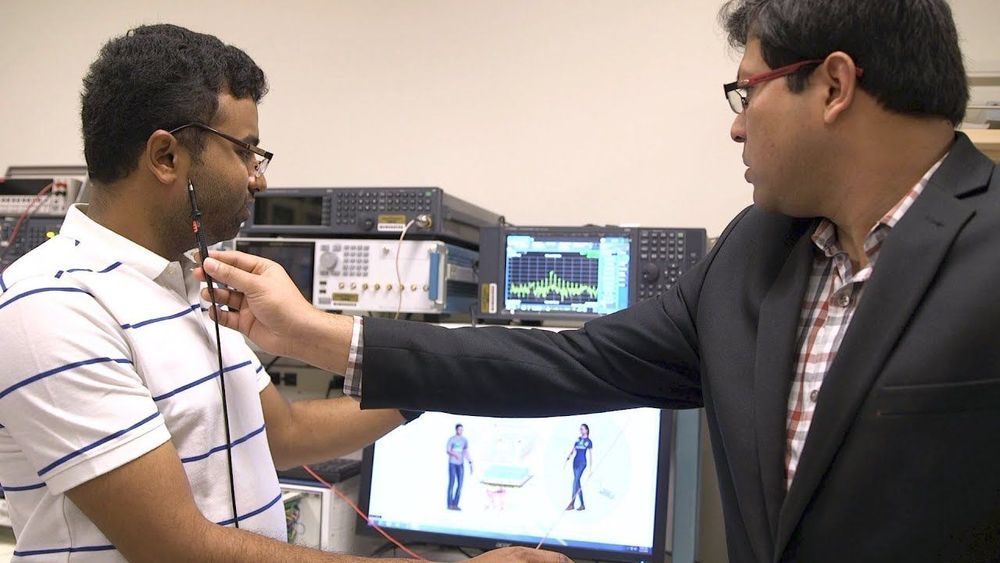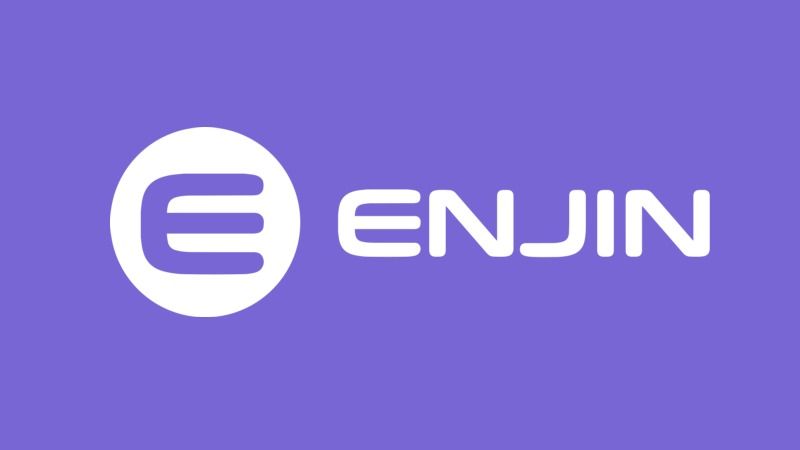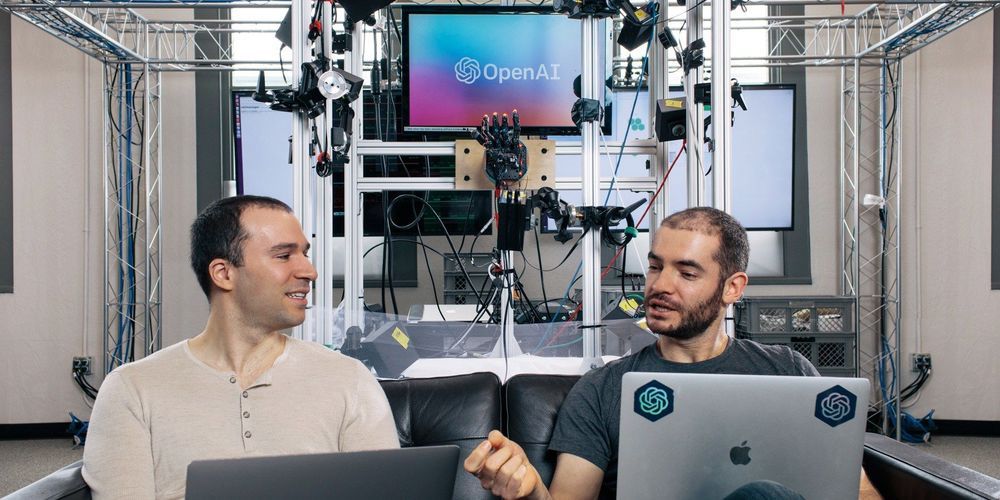In today’s T-Suite Podcast, a talk with “Content Wrangler” Scott Abel shows how far cognitive computing has progressed since 2016.
Cognitive computing (CC) technology revolves around making computers adept at mimicking the processes of the human brain, which is basically making them more intelligent. Even though the phrase cognitive computing is used synonymously with AI, the term is closely associated with IBM’s cognitive computer system, Watson. IBM Watson is a supercomputer that leverages AI-based disruptive technologies like machine learning (ML), real-time analysis, natural language processing, etc. to augment decision making and deliver superior outcomes.
The traces we leave on the Web and on our digital devices can give advertisers and others surprising, and sometimes disturbing, insights into our psychology.
- By Frank Luerweg on March 14, 2019
We’re used to the security risks posed by someone hacking into our computers, tablets, and smartphones, but what about pacemakers and other implanted medical devices? To help prevent possible murder-by-hacker, engineers at Purdue University have come up with a watch-like device that turns the human body into its own network as a way to keep personal technology private.
A collaboration between online technology company Enjin and the SENS Research Foundation has just been announced with the bold plan to mobilize a community of 20 million video gamers to help fight aging.
Enjin is a cryptocurrency and online video game company with a plan to change how donors and charities interact in a bid to make fundraising for globally important causes more effective.
This collaboration with SENS Research Foundation is the first program on the road to this goal. The project is essentially gamifying the fundraising experience to make it more fun and engaging for donors. To achieve this, donors get rewards for their donations in the form of blockchain-based collectibles known as “non-fungible tokens” (NFTs).
My colleague Conor Sen recently made a bold prediction: Government will be the driver of the U.S. economy in coming decades. The era of Silicon Valley will end, supplanted by the imperatives of fighting climate change and competing with China.
This would be a momentous change. The biggest tech companies — Amazon.com, Apple Inc., Facebook Inc., Google (Alphabet Inc.) and (a bit surprisingly) Microsoft Corp. — have increasingly dominated both the headlines and the U.S. stock market:
On Monday, OpenAI’s leaders said that a paltry $1 billion wouldn’t be enough to compete with the well-resourced AI labs at companies such as Google and Facebook after all. They announced the new investment vehicle, a company called OpenAI LP, as a way to raise extra money for the computing power and people needed to steer the destiny of AI. Musk left the board of OpenAI last February and is not formally involved in OpenAI LP.
OpenAI, the independent research lab cofounded by Elon Musk, created a for-profit arm to attract more funding to hire researchers and run computers.







